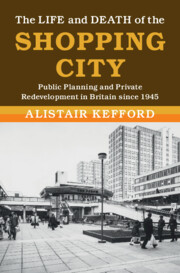It is widely known that Hegel's Philosophy of Right recognizes poverty as one of the central problems of modern civil society. What is much less well known, however, is that Hegel sees yet another structural problem at the opposite side of the economic spectrum: a problem of affluence. Indeed, as I show in this essay, Hegel's text contains a detailed—yet sometimes overlooked—discussion of the detrimental psychological and sociological effects of great wealth and how to counter them. By bringing this discussion to the fore, we get a more complete picture of Hegel's theory of civil society (and of some of its central concepts, such as ‘the rabble') and shed light on an aspect of Hegel's social philosophy that speaks to problems we face today.
